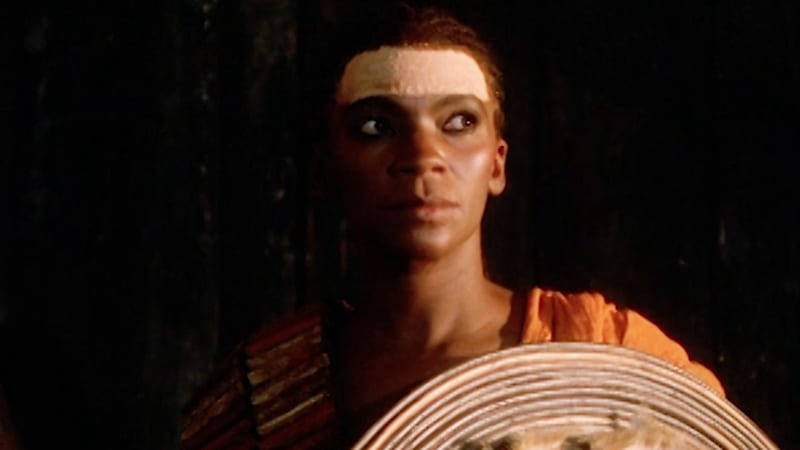September • 2019
Julia did a good job on this video, with some really nicely shot interviews and archive research. She was very good at taking on board feedback and incorporating the changes we ahd requested to get us to a nice final video.

Rio de Janeiro, State of Rio de Janeiro, Brazil
1 review$150 - $350 / Day
Request a demoJulia Lemos Lima is a self-shooting documentary producer and director, founder of Spread The Word Films, a production company specialising in non-fictional films about women’s issues. Her work focuses on how women deal with sexism and gender inequality. Her films have been screened at Mzansi Women's Film Festival in South Africa, Copenhagen Underground Film Festival, London Feminist Film Festival 2018, Cineffable - Paris International Feminist and Lesbian Film Festival and Rio Film Festival. Some of her latest productions have been awarded Gold Evcom Clarion Awards, a Learning on Screen Award, and nominated as a finalist for Best Research Film of the Year in the AHRC Research in Film Awards. Julia has worked for TV Globo, the largest TV network in Latin America, and has been commissioned by media outlets like the BBC and VH1 and UK organisations like One World Media. She has an extensive track record in producing audiovisual online branded content, having worked with brands such as LinkedIn, GSK and Unilever. Julia is fluent in Portuguese, English and French and has intermediate knowledge of Spanish. Having edited short films, she is familiar with Avid Media Composer, Adobe Creative Suite and Final Cut Pro.
September • 2019
Julia did a good job on this video, with some really nicely shot interviews and archive research. She was very good at taking on board feedback and incorporating the changes we ahd requested to get us to a nice final video.

Produced for Mongabay
Rio de Janeiro holds a special place in Brazil’s history, but many of its residents are unaware of the city’s Indigenous heritage — from the names of iconic places like Ipanema and Maracanã, to the Indigenous slave labor that built some of its most recognizable structures. Nearly 7,000 Indigenous people live in Rio, the fourth-biggest population among Brazilian cities; a unique interactive map by Mongabay shows how they’re spread across the city, as well as their living conditions and ethnic groups. Despite their presence, and Rio’s famed diversity and laidback culture, Indigenous people in the city continue to face prejudice and a “silencing” of their traditions and culture that they attribute to centuries of efforts to erase them and make them invisible. But Indigenous people are pushing back, agitating to get their rights on the political agenda, and working through academia to unearth the Indigenous history of the city that has long been hidden.

Produced for University College London
Commissioned by University College London, this short video shows how the European collaboration group DEDALE is helping to map the Universe. Filming with this great group of astrophysics and mathematicians changed the way I perceived Astronomy, and made me learn a lot about how to Universe expands. Definitely worth a watch, even if you’re not an expert (just like me!)

Lydie Greco is a talented illustrator and graphic designer who created the amazing Magic Depictor. A different kind of photo booth, as instead of having their photograph taken, people get a unique hand-drawn portrait. This video portrays this fun and personal experience and gives voice to Lydie and her coloured way of seeing the world through her drawings.

Produced for One World Media
* Official Selection London Feminist FF. One in every three Brazilian women has suffered some type of violence during their lives. But women are finally speaking up, reporting cases, and building networks of support and empowerment. This film shows the journeys of three of them, who have decided to share their experiences in order to produce change, not only in their lives but also in society.

Produced for BBC Reel
In the early 17th century, escaped slaves in Brazil formed the legendary Quilombo dos Palmares. This community was led in its fight against slavery by the famous Zumbi dos Palmares. However, although his story is celebrated, very little is known about his wife Dandara, a fierce warrior and leader. Her origins are shrouded in mystery and lore. What does Dandara's story tell us about the history of slavery and the modern Quilombo communities that still exist in Brazil today?

Produced for Mongabay
Forest fires in the Brazilian Amazon increased this year, with much of the smoke generated concentrating in the state of Acre and disproportionately affecting the health of Indigenous people.
Camera
Audio
Miscellaneous
Production Support
Miscellaneous